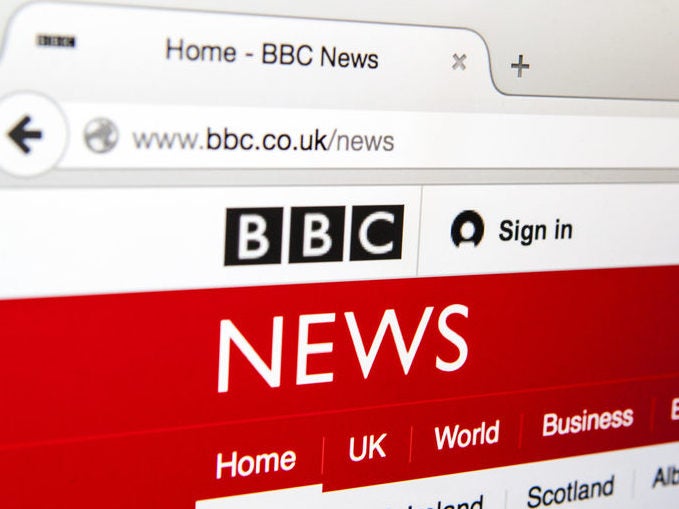
BBC News staff have been told to stop using the phrase “the BBC understands” in a missive from the broadcaster’s head of output.
Gavin Allen described it as a “slightly pompous” and “distancing” phrase in an email to staff, seen by Buzzfeed News.
The use of “understands” is common practice across the news media, where it can be used relay information from an off-the-record source (or sources) that a journalist believes to be correct.
But, it is sometimes wrongly used to disguise the fact that a story was first published by a rival news outlet.
The full email from Allen reads: “I can’t ever really see a reason to use this phrase: either it’s true and we know it in which case just report the story, or we’re unsure in which case don’t report it until we are.
“It’s also a slightly pompous distancing phrase as if the BBC is somehow different from us.”
In response to an online question in February last year about the use of “BBC understands”, BBC News producer David Waddell said it refers to “something BBC journalists have learned through their own endeavours… and typically news that we are reporting ahead of our competitors”.
The updated BBC News style guide for November 2018 does not discourage use of the phrase.
Under the “sources” heading in its style guide, BBC News said: “Good sourcing is critical. News agencies often run with a partial account because they are trying to beat the opposition.
“In such circumstances, tell the readers who is saying what.”
Several reporters from other outlets accused the BBC of using the phrase to report information from other outlets without proper credit.
Taking issue with the suggestion the phrase referred to information gathered by the BBC, Mail on Sunday deputy political editor Harry Cole tweeted: “Hmmm or mostly it is something they’ve read in the papers and had been given the nod on it.. 99 per cent without credit to paper.”
Sunday Times reporter Rosamund Urwin said: “And how many times has ‘the BBC understands’ actually meant ‘the BBC has read in a newspaper and doesn’t want to admit that’. Speaking from bitter experience obviously.”
BBC News did not comment further on the email.
Picture: Shutterstock
Email pged@pressgazette.co.uk to point out mistakes, provide story tips or send in a letter for publication on our "Letters Page" blog

